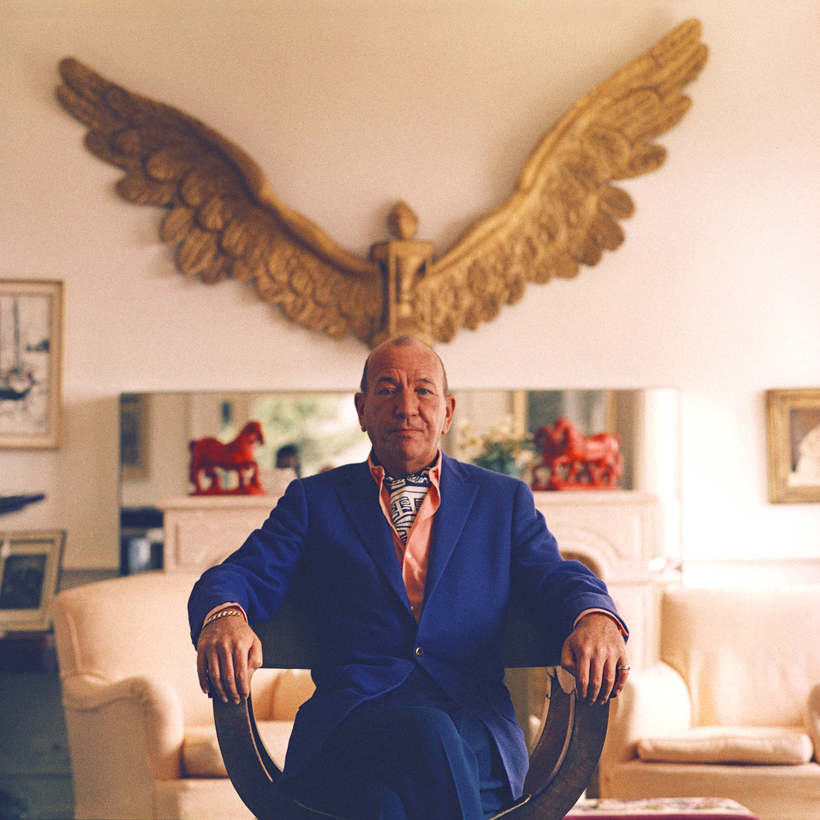When, midway through his career, he was dubbed “the Master,” Noël Coward would deflect the compliment with the pseudo-modest explanation “Oh, you know, jack-of-all-trades … master of none.”
He was a writer, actor, director, composer, lyricist, poet, celebrity, and what critic Kenneth Tynan would call “a very Noël Coward kind of person.” And yet it could be argued that perhaps his most influential talent was: Noël Coward, Singer. It was a talent that didn’t just amuse but corrected the trajectory of his career at several key points.

